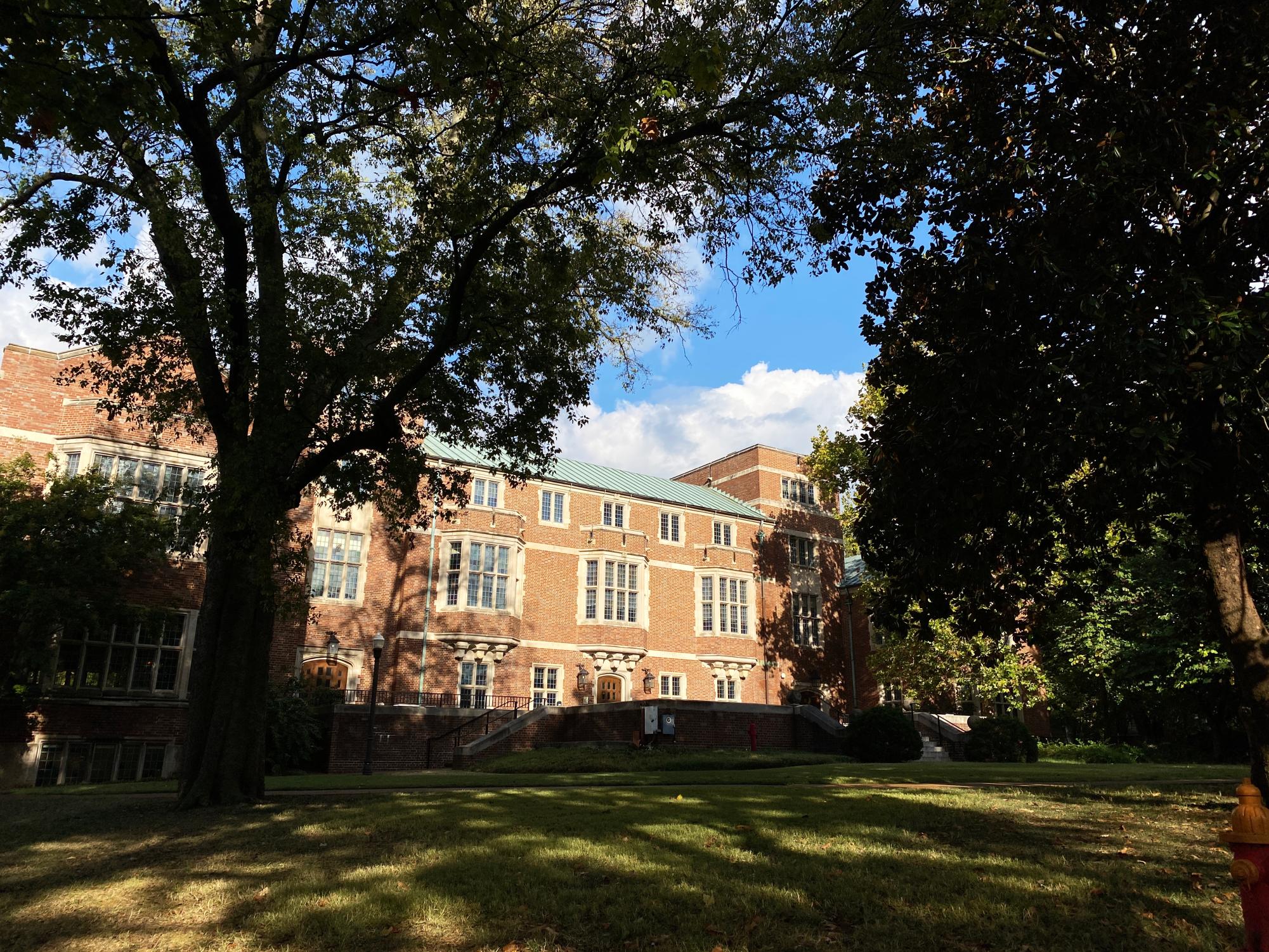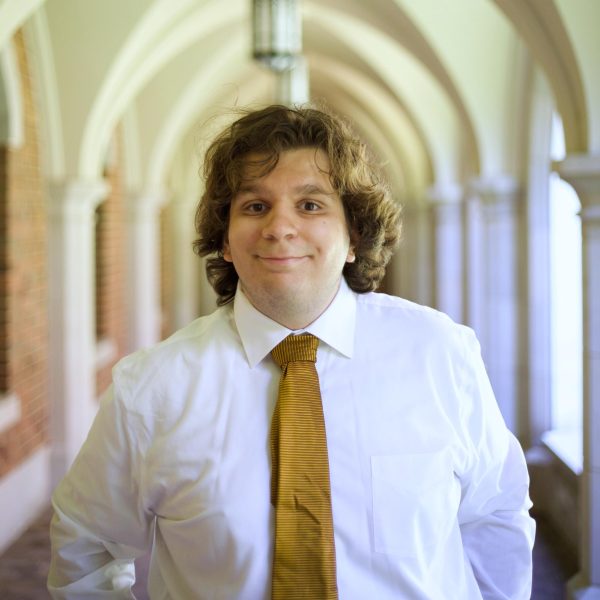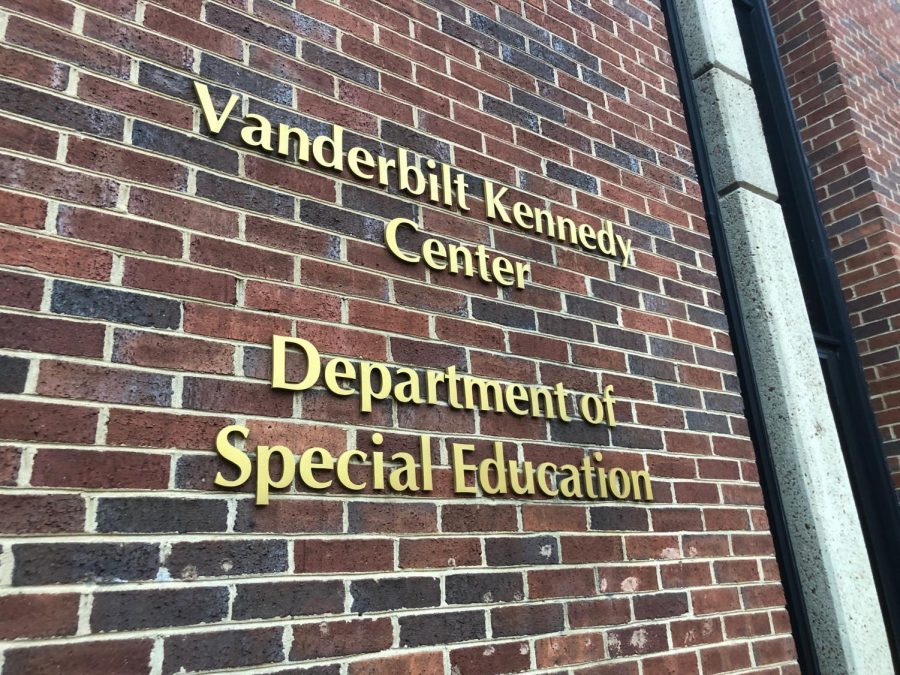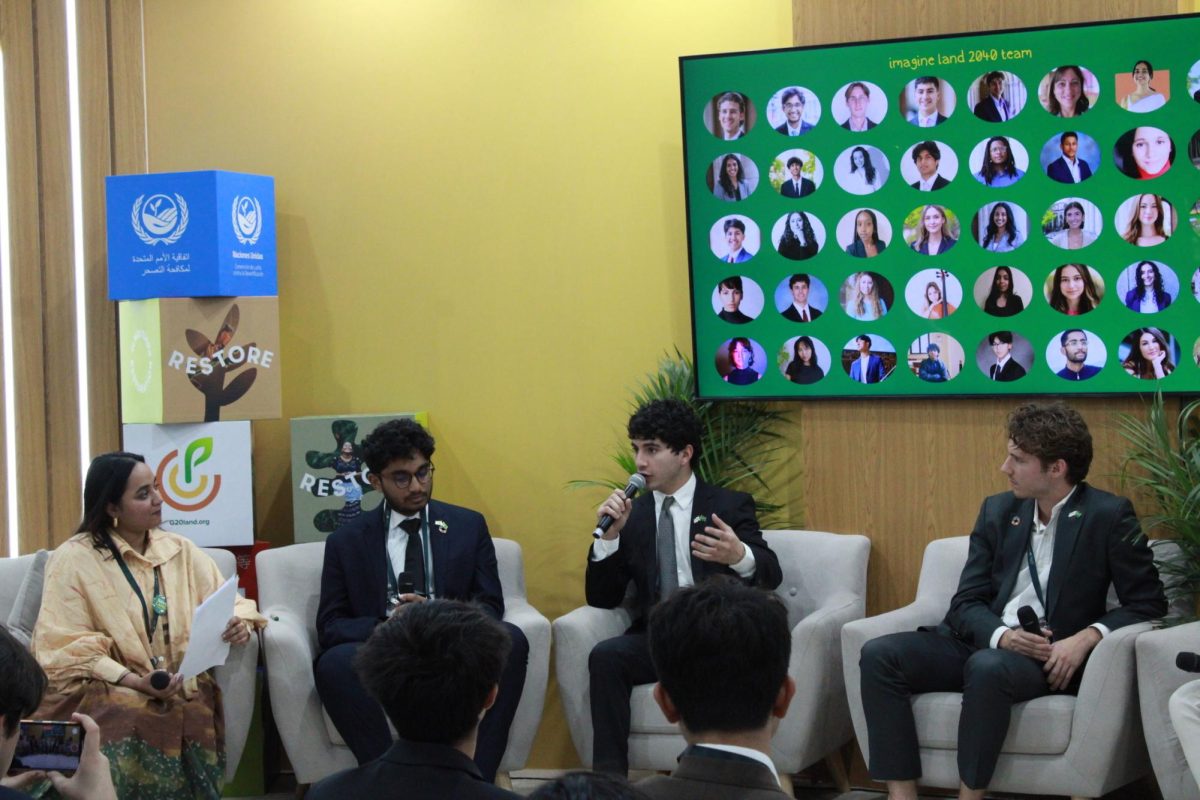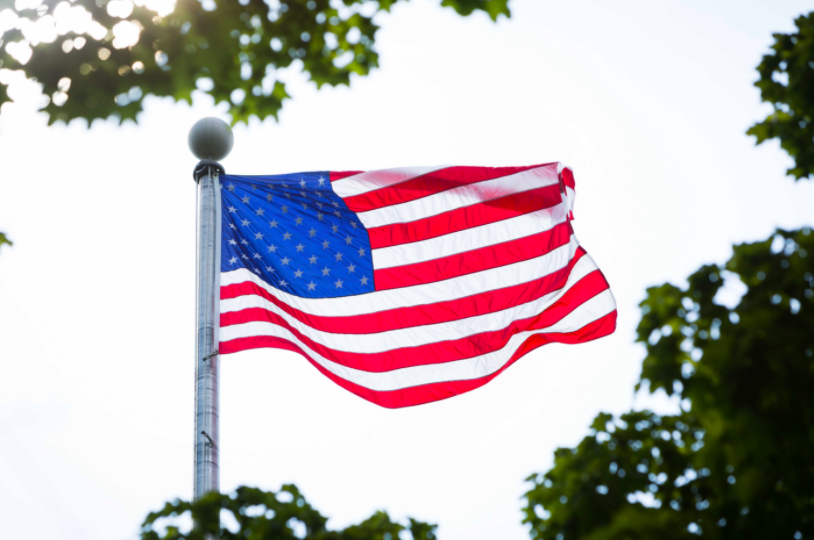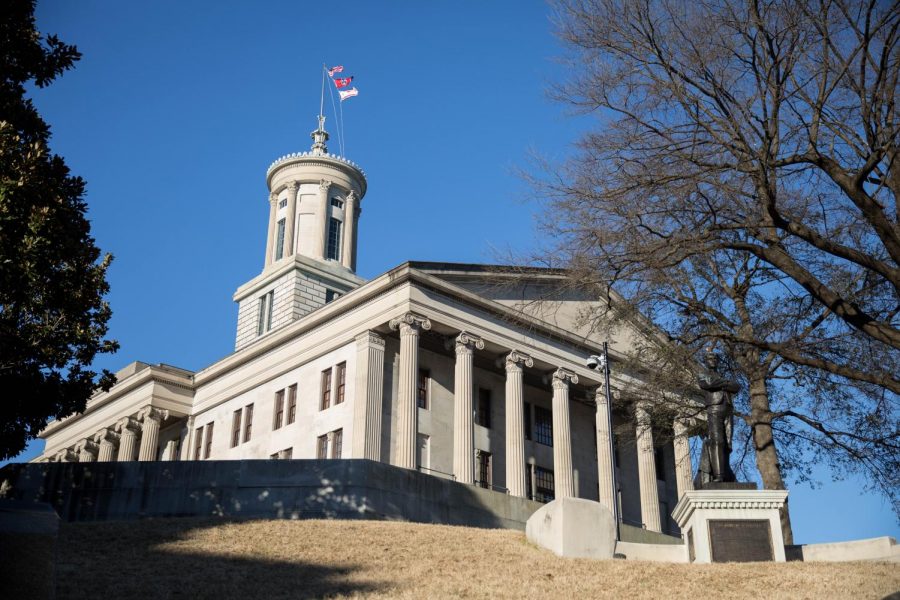Dear Chancellor Diermeier and Dean Balser,
With the recent cancellation of federal grants to Columbia University and President Donald Trump’s threat to expel or deport (according to citizenship status) any college student who engages in “illegal” protest — a threat already acted upon at Columbia, we are writing to ask Vanderbilt and VUMC leadership to reaffirm your respect for the rights of students and personnel to engage in nonviolent resistance.
We ask not merely that you acknowledge our First Amendment rights, which prohibit state interference with freedom of expression, but also that you recognize the same right, in written policy, for your employees and students.
As implied in VUMC’s Credo’s service and ownership pillars, as well as emphasized in the recent “Making Safety Personal” training series assigned to all VUMC employees, we must know we are free to stand up for the safety of our patients, our students, our colleagues and our community, without fear of retaliation from the university or medical center.
Vanderbilt’s own history further demonstrates a commitment to respect voices of dissent. While a student at the Vanderbilt Divinity School during the Civil Rights Movement, Rev. James Lawson trained other students at Vanderbilt, Fisk and other area schools in nonviolent direct action. His mentees included many future leaders of the movement, including Diane Nash, Stokely Carmichael and John Lewis. After months of training in late 1959, Lawson and other students began their campaign of Nashville lunch counter sit-ins in late February 1960.
About 80 students, including Rev. Lawson, were ultimately arrested. Then, only three months prior to his graduation in 1960, Lawson was expelled from the Divinity School.
Vanderbilt subsequently apologized to Rev. Lawson and in 2006, invited him to serve as a visiting professor and donate his papers to the Vanderbilt University archive.
We now face the threat of federal suppression of fundamental American rights — including nonviolent resistance — through weaponization of the very Civil Rights law for which Rev. Lawson and his fellow activists fought and, in many cases, died. Institutions risk losing funding for vital research and education; students risk revocation of degrees, expulsion and/or deportation.
Accordingly, we ask the following of Vanderbilt and VUMC leadership:
- Issue a public statement affirming:
-
- No Vanderbilt student shall be expelled for any peaceful act of protest, including nonviolent civil disobedience.
-
- Vanderbilt will safeguard student records from the federal government with all legal means at its disposal. No student records will be released unless and until all legal remedies are exhausted.
-
- VUMC will safeguard employees who engage in peaceful protest from retaliation, regardless of citizenship status.
- Take swift and decisive action to form a coalition of institutions of higher education committed to defending the rights of a free society, particularly those rights most immediately vested in schools: academic freedom, free exchange of ideas and research without censorship and freedom of expression with nonviolence as its only qualifier. This coalition should aim to not only safeguard these essential freedoms but also protect educational environments as spaces where innovation, critical thinking and democracy can thrive in the face of growing challenges to free thought.
Let’s make some good trouble — necessary trouble — or, in the words of the Chancellor himself, be bold and be courageous, so our values can thrive.


